Vietnamese university students often go to English-speaking countries because of their brand, quality of education and settlement opportunities, according to experts.
The Department of International Cooperation, Ministry of Education and Training, in the most recent statistics released for the 2019-20 school year, said that Vietnam has about 190,000 students studying abroad. Popular destinations are Europe, Japan, South Korea, Australia, the US, and Canada.
"This year, we don't have statistics yet, but the number of international students after the pandemic is estimated to have returned to previous levels and is even increasing," a leader of the Department said this week.
According to statistics from private organizations, such as Capstone Education Vietnam - an organization providing study abroad consulting and career orientation services - in 2022, South Korea is the country receiving the largest number of Vietnamese international students, with 66,000 people, followed by Japan with 37,000. This number includes interns, students of short-term or non-degree courses.
If we only consider university study abroad, the current trend is still towards English-speaking countries because of the quality of education and good student support policies, said Ms. Lu Thi Hong Nham, Director of Duc Anh Study Abroad Consulting and Translation Company.
Vietnam ranks 5th among countries with the largest number of students studying in Australia (as of September 2022), according to IDP Education. ICEF Monitor, a company specializing in international education research, lists Vietnam as the 6th largest market in the US, 4th in New Zealand and 8th in Canada.
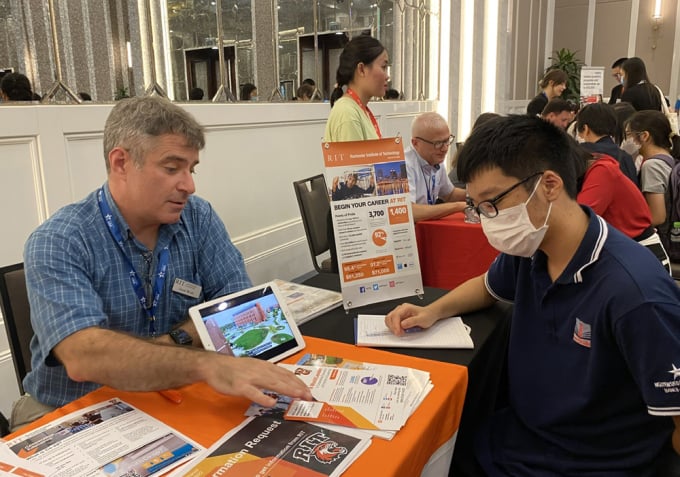
Representatives from Rochester Institute of Technology, USA, advise Vietnamese students at a study abroad event in Hanoi in October 2022. Photo: Binh Minh
Nguyen Minh Duc, a 12th grader in Hanoi, is aiming for Australia and Singapore to major in Pharmacy or Biochemistry. Duc wants to study abroad because he sees that these majors are not yet developed in Vietnam. Australia and Singapore are two popular study abroad destinations with good job prospects, good income, and especially the opportunity to settle down.
Tran Thanh Nam, a 10th grade student at a specialized school in Hanoi, has planned to study art and design in the Netherlands, Canada or the US because he believes that universities there are strong in training in this field.
The study abroad market in English-speaking countries is always vibrant, said Ms. Tran Phuong Hoa, Director of Summit Education Organization. Over the past 10 years, the group studying abroad in the US has always accounted for the highest proportion in this company's program. The level of interest in the US has not increased dramatically but has always been stable and continued to recover, growing slightly after the Covid-19 period. Recently, the number of parents learning about studying abroad in other English-speaking countries such as Canada, Australia, and the UK at Summit has increased by about 15-20%.
At another service center, Duc Anh, up to 60% of customers choose to go to Australia, 20% Canada and New Zealand.
The factors that students and their families care about most when looking for university abroad are the school and country brand, the quality of education, employment, and finally the opportunity to settle down. Therefore, besides the US and UK, which are the two countries with the top quality of education in the world, countries with favorable policies for settlement such as Australia, New Zealand, and Canada are always of interest.
Vietnam is a key growth market in Southeast Asia for overseas education, ICEF Monitor assessed. A company like Ms. Nham’s is directly recruiting for more than 2,000 high schools, colleges and universities in 16 countries and territories; each year, she said, it processes applications for thousands of students.
There are many reasons why Vietnam is increasingly becoming a "hot spot" for enrollment for global educational institutions.
First of all, Vietnam is a country with a large population and a high proportion of young people, leading to increased demand for educational services and studying abroad.
Besides, economic development leads to rapid increase in average income.
Open-mindedness and awareness of education and opportunities abroad are driving more and more families to invest in their children studying abroad with the desire to access quality education. HSBC's 2018 statistics show that each family's spending on education accounts for 47% of total spending.
Vietnamese students are highly appreciated by schools for their learning ability and progressive attitude. The movement to learn English is good and has been popular among students since early on.
"Standardized test results for admission to schools in English-speaking countries are also being used by many Vietnamese universities, contributing to increasing the number of students who are ready to study English abroad," said Ms. Hoa.
Minh Duc, grade 12, strives to improve his grade point average (GPA), prepares for the IELTS test and aims to have an academic award to win the ASEAN scholarship of Singapore or a 50% scholarship of schools in Australia.
Meanwhile, Nam, a 10th grader, is researching scholarship and financial aid policies to ease the burden. He has also started working on art projects and gradually preparing his portfolio, maintaining a GPA of 9.6 and studying to improve his IELTS to 7.0.
"If I want to go to the US, my application needs to include more extracurricular activities, so I'm aiming to try my hand at amateur painting competitions both in Vietnam and internationally," Nam said.
Dawn
Source link










































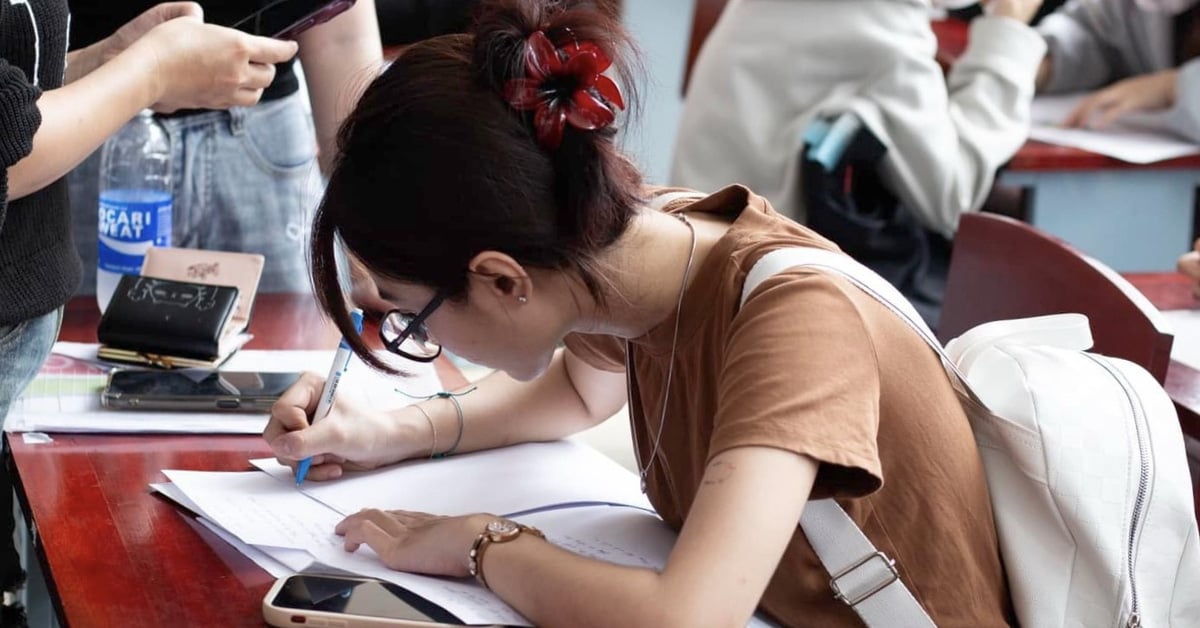
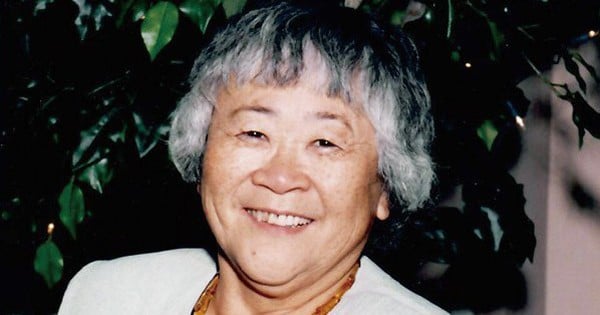

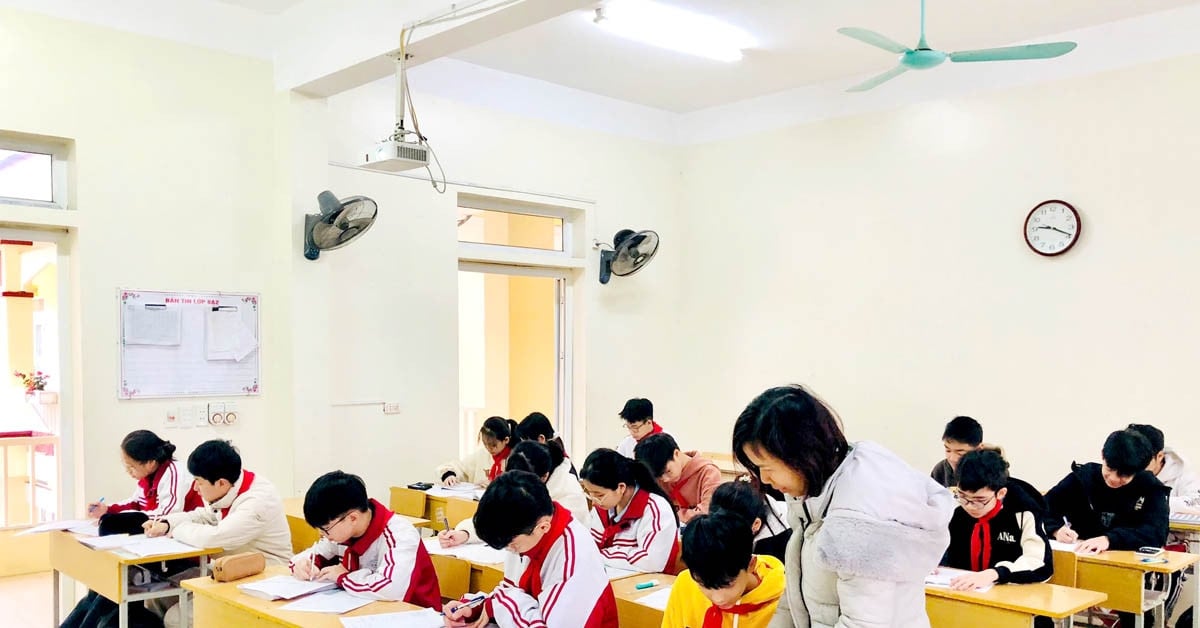



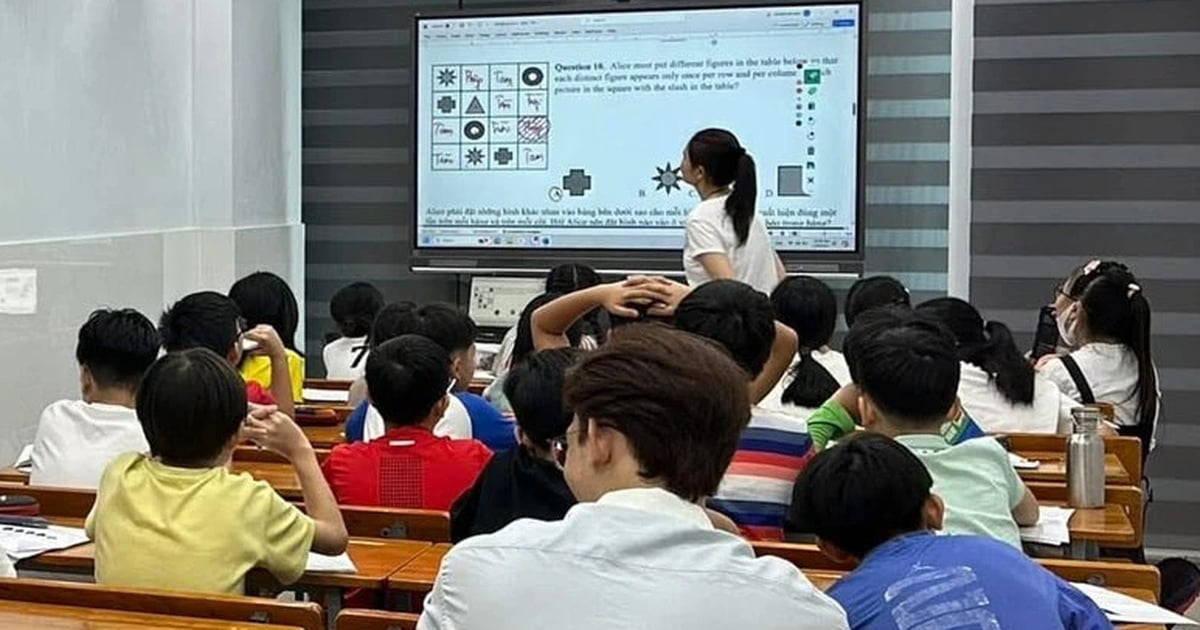












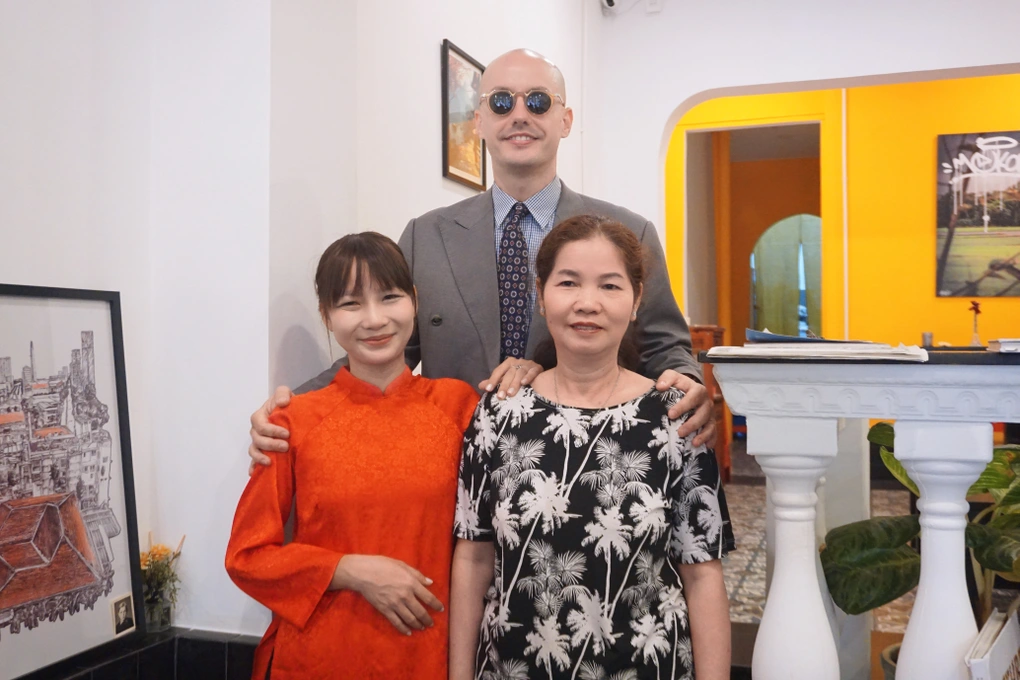





Comment (0)